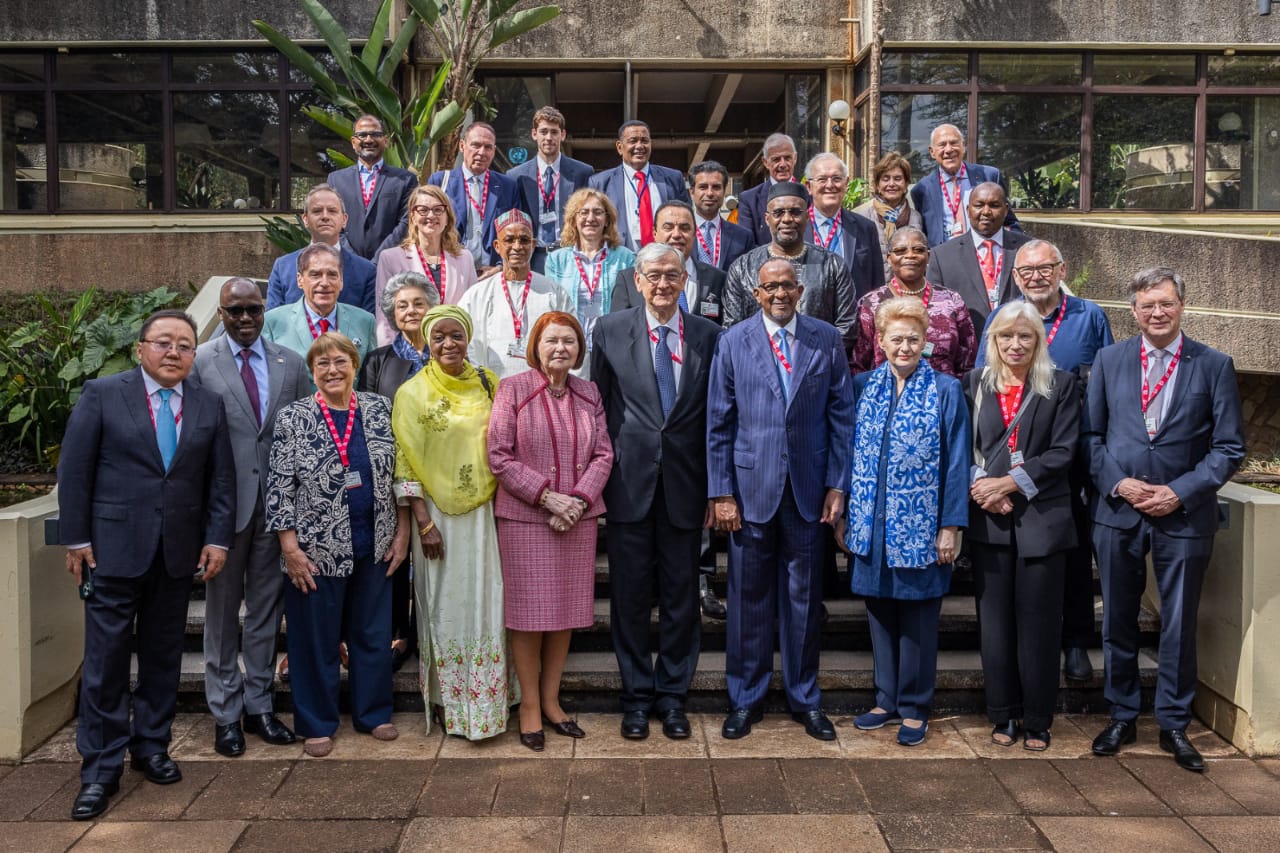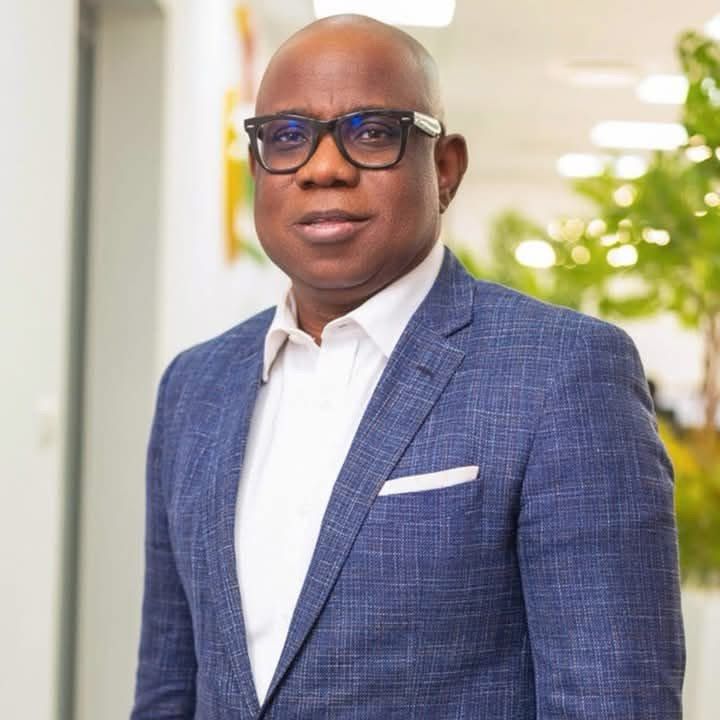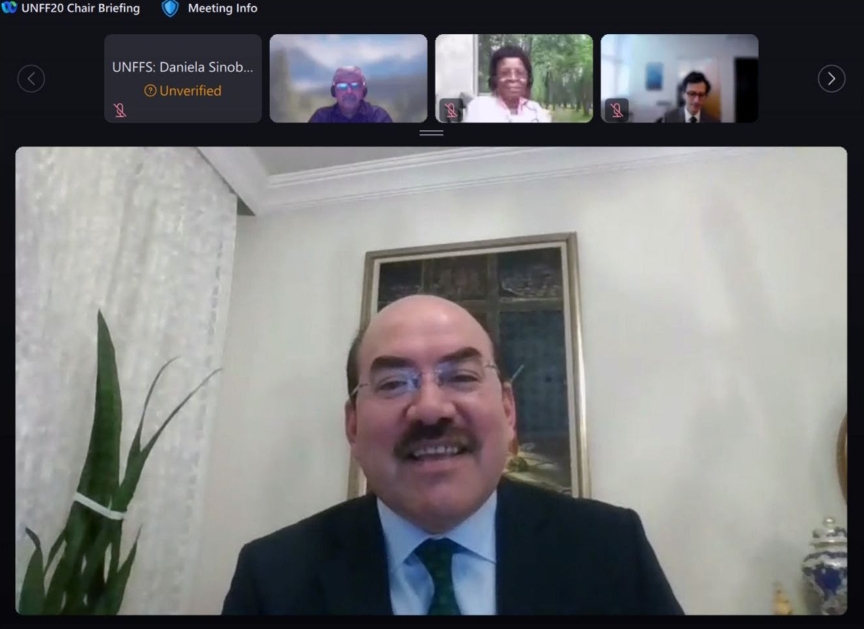As the world grapples with growing inequalities, climate-induced crises, and deepening debt burdens particularly across Africa global leaders and former heads of state are sounding a unified alarm: the time has come to radically overhaul the international financial system.
At the 2025 Annual Policy Dialogue of the Club de Madrid, held for the first time on African soil in Nairobi, Kenya, a coalition of former democratic leaders, development experts, and international institutions called for bold, coordinated reforms to reshape how global finance works for people and the planet.
Under the theme “Driving Sustainable Futures for All,” the Dialogue highlighted widening financing gaps, mounting debt distress, and the urgent need to realign global financial structures with development and climate goals.
At the heart of the discussions was a core message: Africa and other vulnerable regions must no longer be left to bear the brunt of a broken global system.
President of Club de Madrid and former President of Slovenia Danilo Türk, said finance must serve development and the dignity of people.
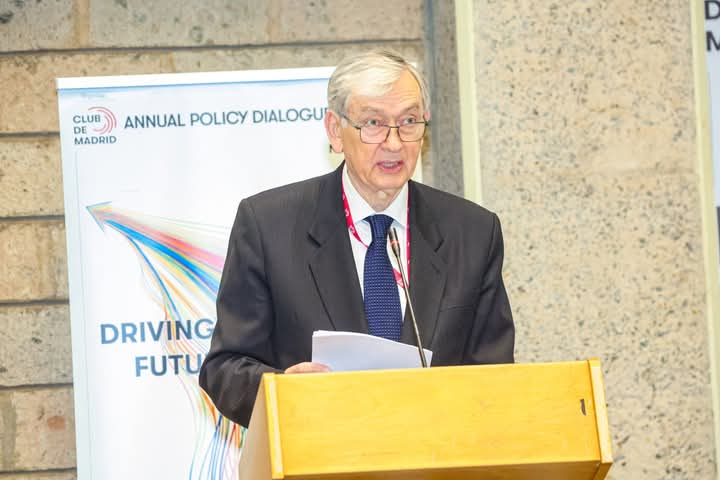
“As geopolitical tensions rise and trust erodes, decision-makers must deliver on their commitments both old promises and new, necessary reforms,” he said.
With more than 85% of the Sustainable Development Goals (SDGs) off track, and new shocks like climate emergencies and trade protectionism undermining global progress, African countries already burdened by colonial legacies and uneven trade systems remain disproportionately affected.
The policy dialogue stressed that while global crises may differ in scale and geography, their solutions must be shared. Calls were made for inclusive, just, and equitable governance of global finance one that centres vulnerable countries and communities.
Key Policy Demands from the Nairobi Dialogue:
Multilateral Development Banks must expand long-term finance flows to at least $300 billion annually by 2030, fully implementing G20 Capital Adequacy Framework reforms.
A new UN-led sovereign debt mechanism is needed to ensure fair, timely restructuring especially critical for Africa, where rising debt servicing costs are crowding out development investments.
Concessional financing should be guided by vulnerability, not income status, enabling African countries to access affordable funds for development and climate adaptation.
Tax systems must be reformed globally to prioritise where value is created. African countries must claim greater taxing rights through fair frameworks like unitary taxation and digital economic presence.
Official Development Assistance (ODA) must be scaled up, not reduced. Wealthier nations must recommit to the 0.7% target, including a minimum 0.2% for Least Developed Countries.
Climate finance should complement, not replace, development aid—delivered with transparency, equitable risk-sharing, and community-aligned goals.
Digital innovations must be leveraged to improve public financial management and deepen inclusion across developing economies.
Multilateralism at a Crossroads
As the world prepares for key global gatherings including COP30 in Brazil, the Fourth International Conference on Financing for Development (FfD4), and South Africa’s G20 Presidency the Nairobi dialogue is positioning Africa not as a recipient of pity, but as a co-architect of a more sustainable global future.
The Club de Madrid stressed that this moment must not become another “talk shop,” but a genuine turning point for global financial transformation.
“As the UN turns 80, we must demonstrate that inclusive multi-lateralism is not only possible but effective. The credibility of the international community depends on it,” Turk said.
For many African nations, this is not just policy it is survival.
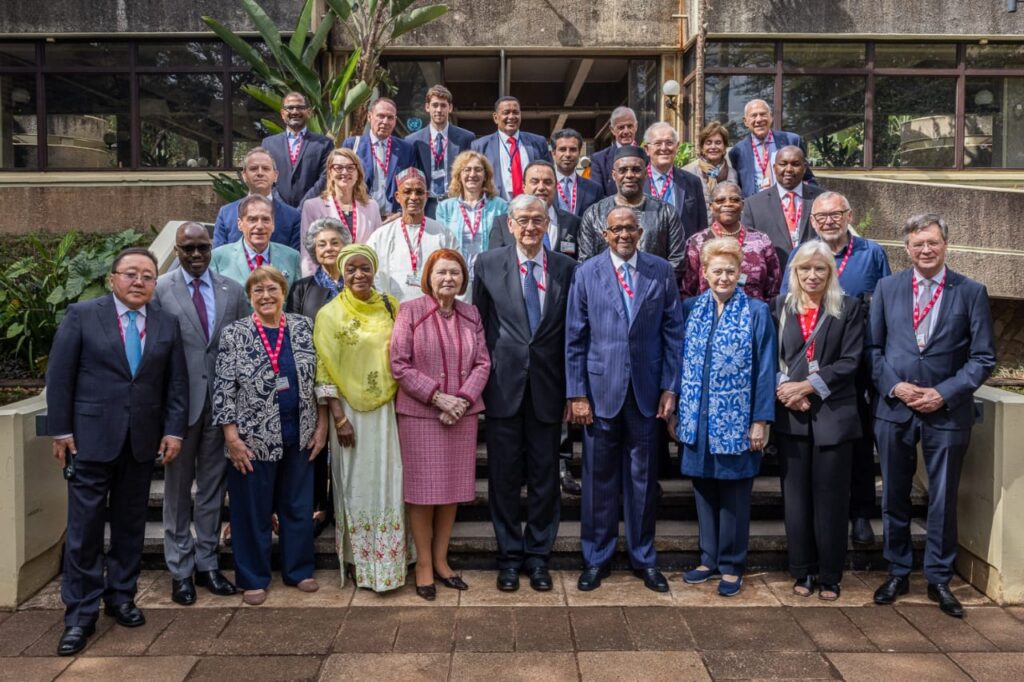
By Joseph Silali
Joseph Silali is a seasoned journalist and social impact correspondent for ABO’s Africa, reporting from Nairobi, Kenya,


